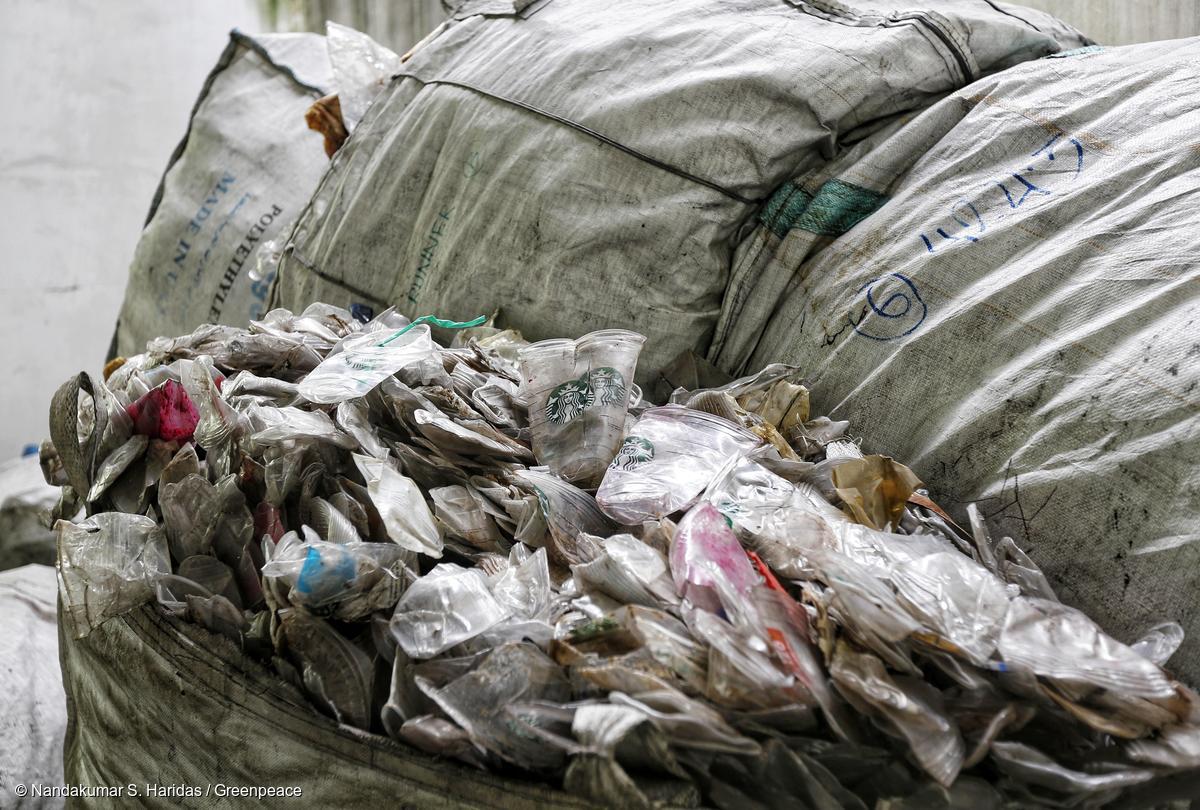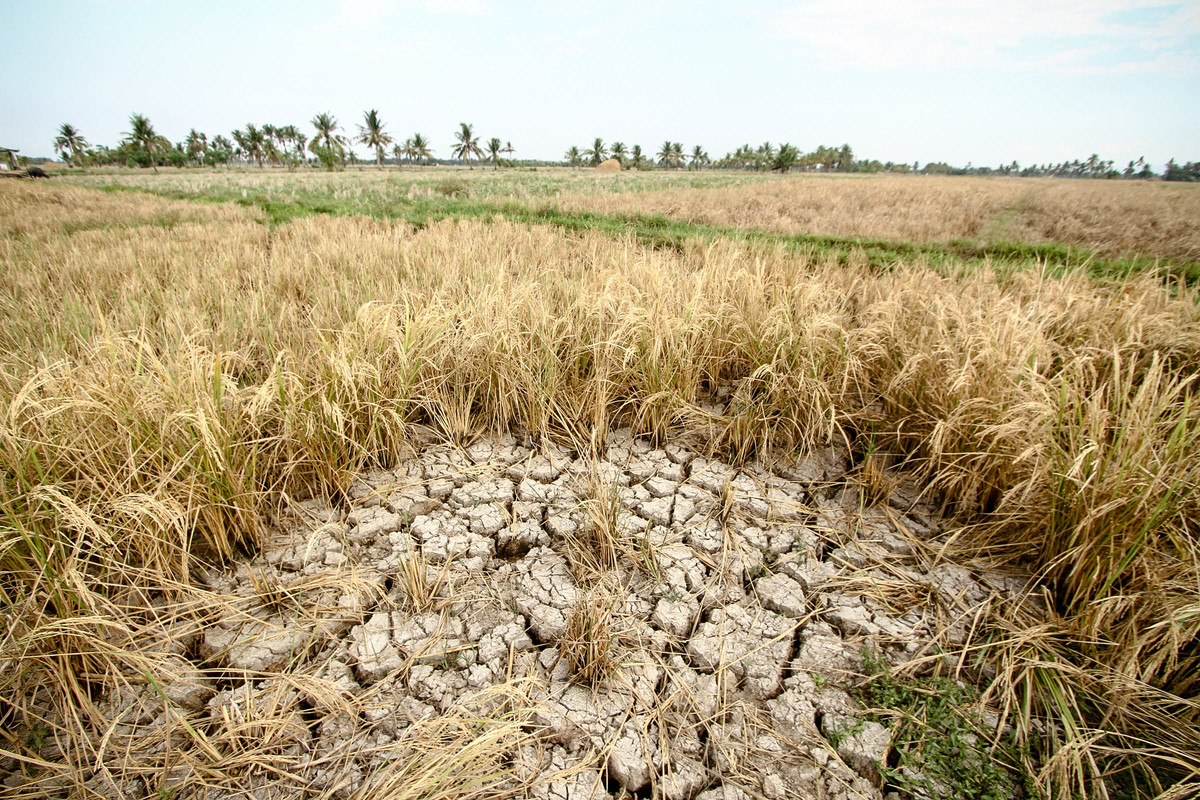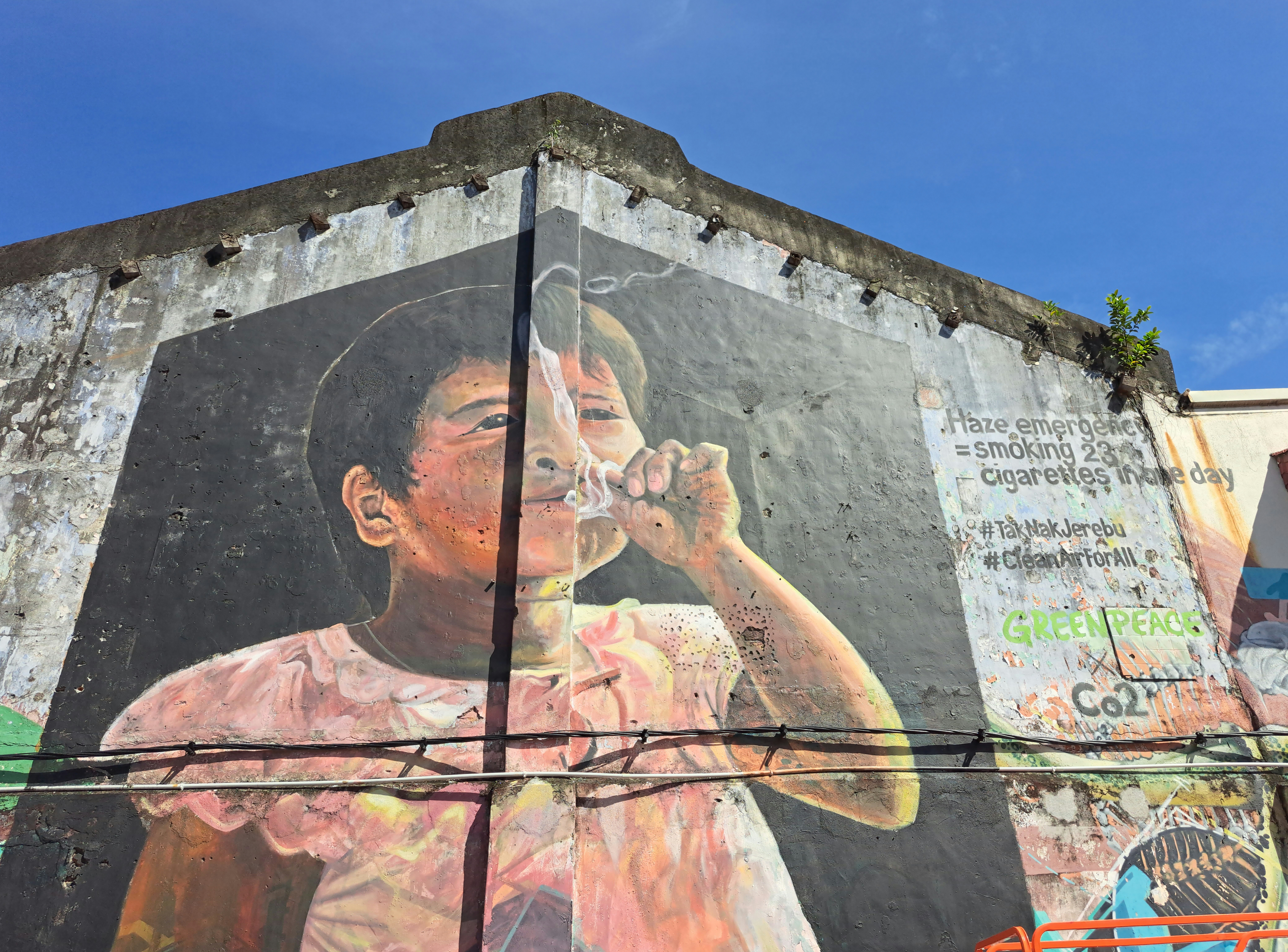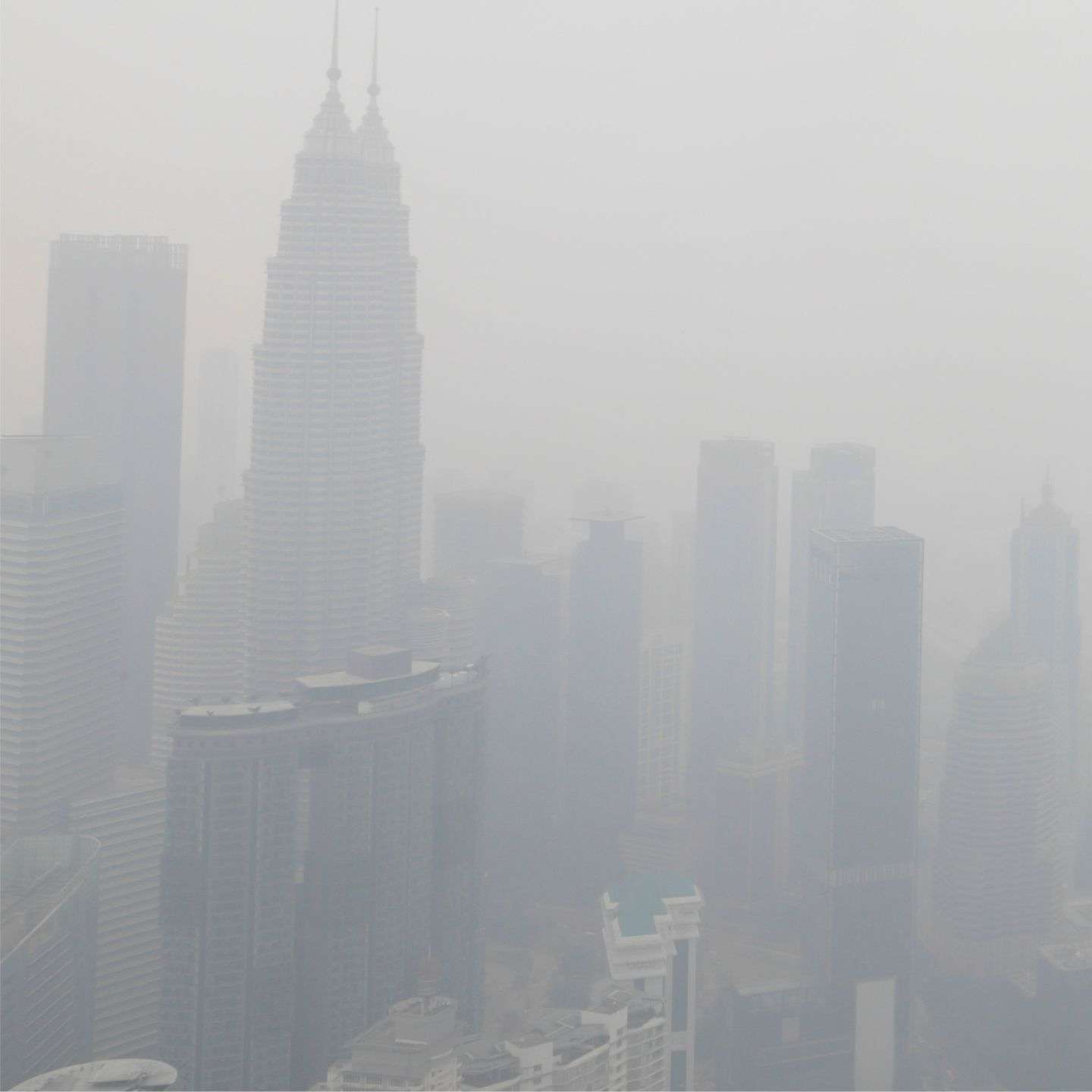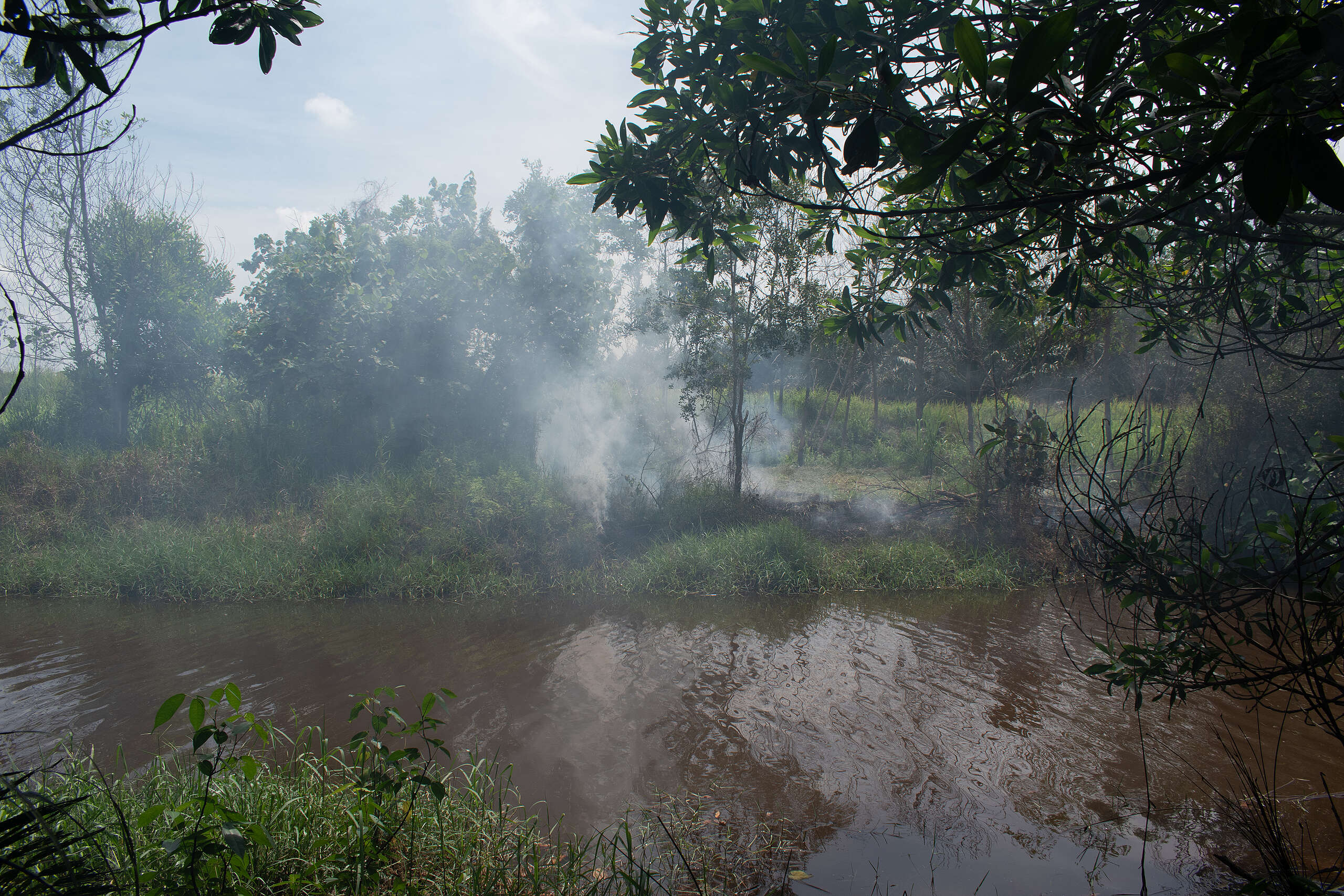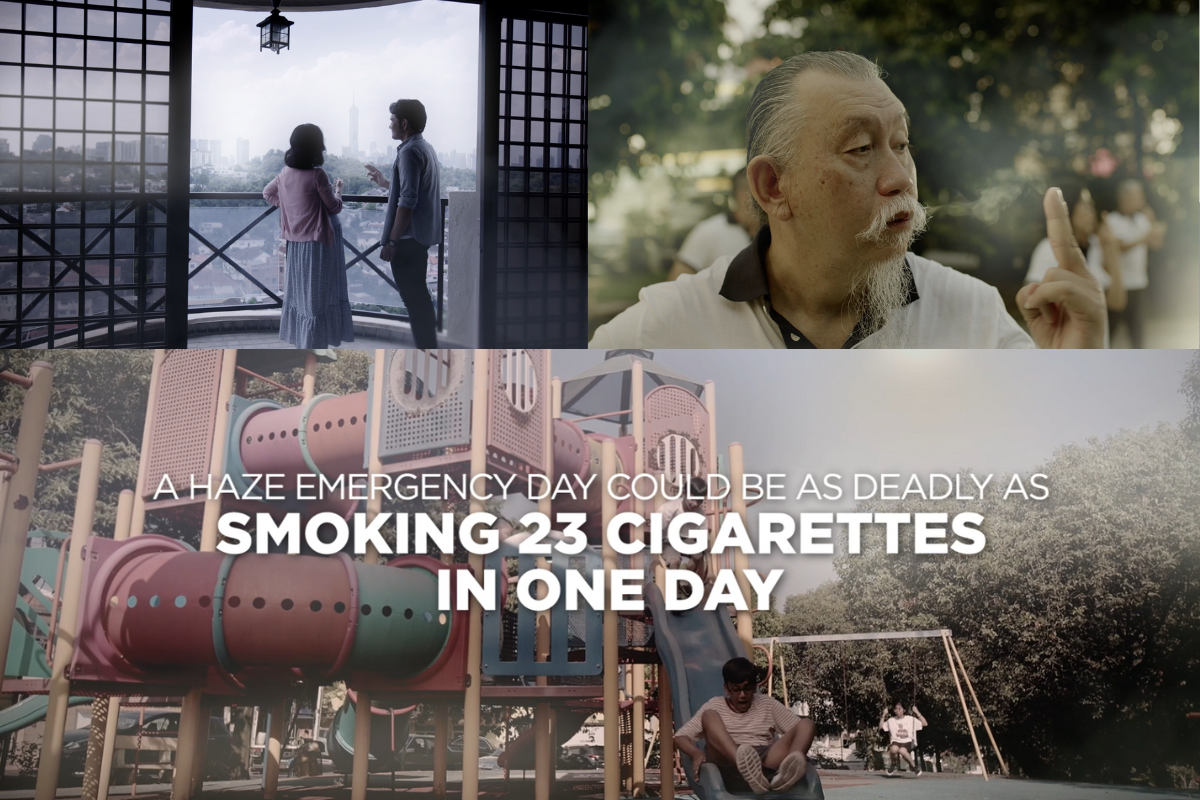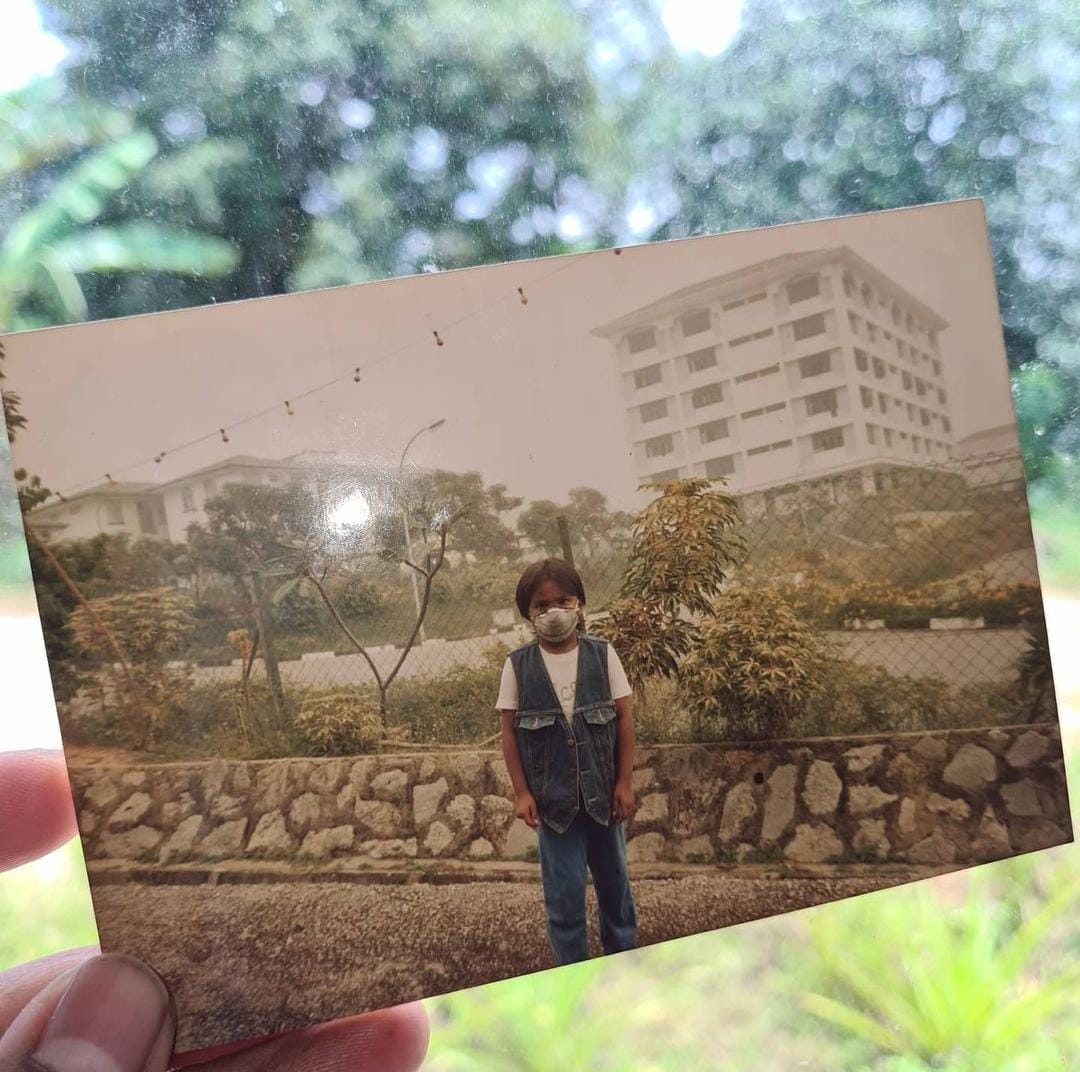All articles
-
Objection to proposed construction of 18 Waste-to-Energy plants in Malaysia
A group of over 30 civil society organisations committed to environmental sustainability and social justice, sent a letter to the ministry in objection to the proposed construction of 18 Waste-to-Energy (WTE) plants in Malaysia.
-
Alamak! Jerebu lagi!
Malaysia, with 161 other nations, voted in favour of a historic resolution declaring a clean, healthy and sustainable environment as a universal human right; meaning that this resolution could allow people to challenge environmentally destructive policies under human rights legislation.
-
Mend the holes in the Environmental Quality (Amendment) Bill 2023
Kuala Lumpur, Malaysia – To commemorate Human Rights Day, Greenpeace Malaysia collaborates with Oscar Lee from co2_ karbondioksida on a mural, taking a strong stance in advocating for equal access…
-
Act for Climate Justice in Malaysia at COP28
Greenpeace Malaysia highlights demands for Malaysia to step up its climate agenda at Asia Pacific Climate Week (APCW).
-
Renewed calls for ASEAN to prioritise and protect citizens’ rights to clean air from transboundary haze
More cases of dangerous haze pollution have been observed in the last few weeks, particularly in Indonesia, Malaysia, Thailand, and Singapore.
-
4 Ways We Can Stop Haze Pollution in Malaysia
Looking for solutions to haze pollution in Malaysia? Uncover four powerful ways to combat this environmental challenge and create a sustainable, haze-free future.
-
Transboundary Haze Pollution Act for ASEAN
Greenpeace calls on ASEAN states to enact domestic transboundary haze laws in their respective countries.
-
Are we all smoking, or is it just haze?
Did you know regularly breathing haze could be equivalent to smoking? A haze emergency day could be as deadly as smoking 23 cigarettes in one day.
-
Champions of clean air: People power in the fight against air pollution
Meet champions of clean air from around the world who are standing up and fighting for the implementation of local solutions to air pollution, whilst inspiring and empowering others in their communities.
-
#UndiIklim | Penang & Selangor: A series of stories on six states
Musings of a semi-nomadic Penangite residing in Selangor.

